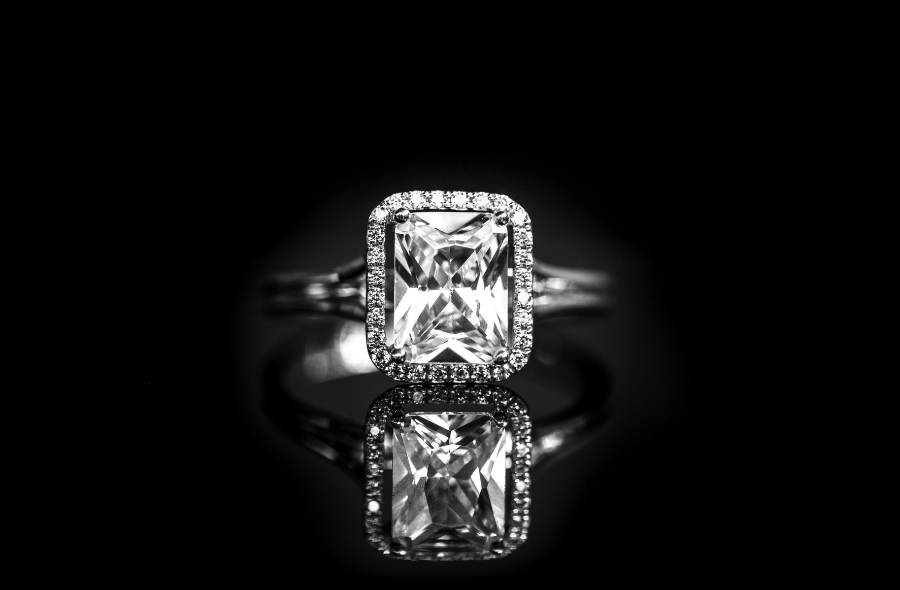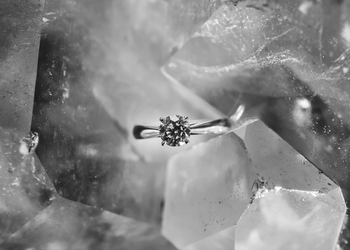
It is easy to see how we are experiencing a strong disruption of innovation in business models that are increasingly influential and that have put traditional business models on the ropes. Digital platforms such as Netflix or Movistar, to give some examples, have made it possible to consume entertainment content on demand. Cooltra or Lime have revolutionized urban mobility with superior freedom and user experience, Airbnb in the way we stay in tourist destinations, or how Globo brings us home what we need at the time we need it. And what am I going to comment about Amazon that has not been said before. Combining innovative technology with an emphasis on consumer experience has improved entire verticals.
Within the diamond industry, it is the consumer who is driving the disruption. I have been able to observe this not only in the national market, but it is also an opinion shared with other jewelry brands with created diamonds that operate in other international markets. , with whom I am united by a good harmony and all this, despite the opposition that arises from within the jewelry sector, a perception that fortunately is gradually changing, based on the fear of breaking what is established and harming the diamond, a star product. of high jewelry.
Brands like Mimoke are driving disruptive change in the jewelry sector, providing a sustainable alternative: lab-grown diamonds, bringing fresh energy to the category.
To understand this disruption and its potential, we will break down how lab-created diamonds offer value and how this will help improve the outlook for the entire diamond industry.
The myth of the "value of the only thing"
The first paradigm shift is found in the consumer's perception of diamonds. Successful marketing campaigns, which we all have in our memories, have sold the myth that the value of a diamond is linked to its rarity. Its origin. However, every year 150 million carats of diamonds enter the value chain, it is easy for every woman to own a diamond and they can easily buy it at the store next to the corner.
Over the past 25 years, lifestyles have evolved and purchasing patterns have changed. The diamond buyer is much more educated about the product. Many buyers are realizing that "rarity" is little more than a myth.
After 15 years as commercial manager of a firm that distributes diamonds in the national market, I have had the opportunity to exchange impressions with hundreds of professionals in the sector, from large manufacturers to small neighborhood retailers and the conclusion for me is more than obvious, value is rarely associated with origin. If purported "rarity" really dictated value, diamond prices would have risen steadily year after year, and the reality is far from that.
There was a happy time where it was like that, but that is honestly in the past. Value has more to do with the emotional weight behind the gift of a diamond, whether it is a gift from a father to a daughter, or the promise of eternal love to someone. This is the intrinsic value of a diamond, whether created by nature or through technology.
Diamond sector data
Right now, created diamonds are maybe 1% of the industry, but they are growing at a rate where 99% of the industry seems to be talking about them. A forecast by Paul Ziminisky, a diamond industry analyst shows that the $1.9 billion lab-created diamond industry will grow to $14.9 billion by 2035. This rapid growth shows that created diamonds have opened new opportunities for the largest diamond industry, with an innovative and revitalizing edge to meet the needs and concerns of today's consumers.
The value of laboratory-grown diamonds for the sector.
Lab-grown diamonds allow us to revitalize the jewelry industry with new energy. And from my perspective as head of the general management of a pioneering company in southern Europe in ethical jewelry such as Mimoke, I encourage retailers in the national market to join this revolution. Just as is happening in other markets, sellers are observing and responding every day to more interested consumers considering lab-created diamonds and seeing how their margins are higher, making the option even more lucrative and attractive.
It is our responsibility, as owners and entrepreneurs who make up the luxury and jewelry industry, to ensure we live up to the expectations of today's and tomorrow's consumer.
Mimoke's mission, ethical fine jewelry
Mimoke has disruption, understood as originally defined by the Harvard Business School , integrated into its DNA and therefore into its mission and business model.
Being faithful to disruptive innovation, at Mimoke we want to be part of the solution both in sustainability and in helping the coexistence between laboratory diamonds and other diamonds and precious metals that follow the dictates of an ethical jewelry and industry.
Sergio E. Murcia
CEO & PARTNER
MIMOKE Fine Ethical Jewelry



